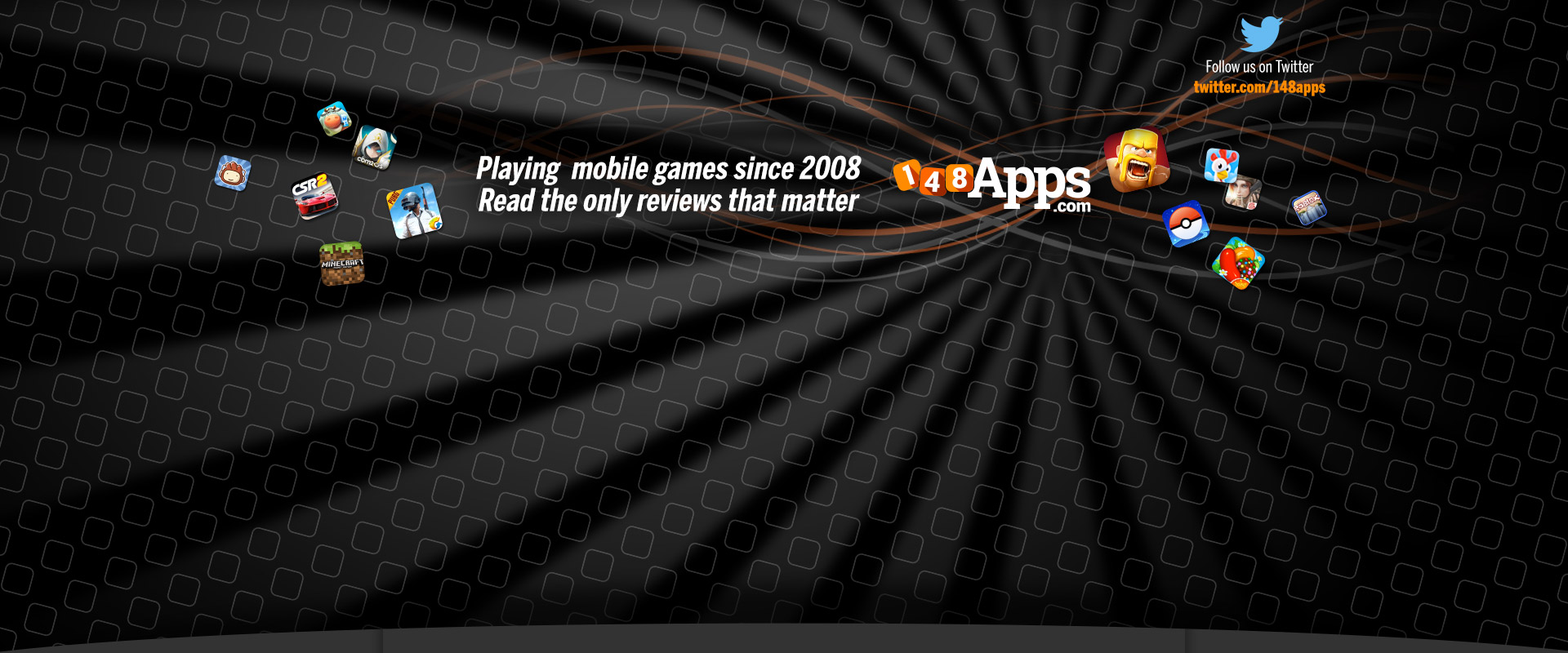FCC Responses From Apple, AT&T, and Google Released

Quote from Apple response:
Contrary to published reports, Apple has not rejected the Google Voice application, and continues to study it. The application has not been approved because, as submitted for review, it appears to alter the iPhone’s distinctive user experience by replacing the iPhone’s core mobile telephone functionality and Apple user interface with its own user interface for telephone calls, text messaging and voicemail. Apple spent a lot of time and effort developing this distinct and innovative way to seamlessly deliver core functionality of the iPhone. For example, on an iPhone, the “Phone” icon that is always shown at the bottom of the Home Screen launches Apple’s mobile telephone application, providing access to Favorites, Recents, Contacts, a Keypad, and Visual Voicemail. The Google Voice application replaces Apple’s Visual Voicemail by routing calls through a separate Google Voice telephone number that stores any voicemail, preventing voicemail from being stored on the iPhone, i.e., disabling Apple’s Visual Voicemail. Similarly, SMS text messages are managed through the Google hub—replacing the iPhone’s text messaging feature. In addition, the iPhone user’s entire Contacts database is transferred to Google’s servers, and we have yet to obtain any assurances from Google that this data will only be used in appropriate ways. These factors present several new issues and questions to us that we are still pondering at this time.
Regarding Apple's agreement with AT&T and what role AT&T has in the approval of applications, Apple says that they alone make the final decision to approve or reject an application. But Apple goes on to say that their agreement with AT&T keeps them from approving VoIP apps and apps that violate the AT&T terms of service.
There is a provision in Apple’s agreement with AT&T that obligates Apple not to include functionality in any Apple phone that enables a customer to use AT&T’s cellular network service to originate or terminate a VoIP session without obtaining AT&T’s permission. Apple honors this obligation, in addition to respecting AT&T’s customer Terms of Service, which, for example, prohibit an AT&T customer from using AT&T’s cellular service to redirect a TV signal to an iPhone. From time to time, AT&T has expressed concerns regarding network efficiency and potential network congestion associated with certain applications, and Apple takes such concerns into consideration.
Some other gems from Apple's response:
- Apple employs over 40 full-time app reviewers
- At least 2 reviewers study each app before it's approved
- There's a senior review board that meets weekly to review applications that raise new questions. Most likely this is where apps go when the developer gets the "unexpected extra time to review" notice.
- 95% of applications are approved within 14 days of being submitted.
- Apple receives 8,500 new and updated app submissions every week, roughly 20% are not approved
Those last 2 points don't really add up. If 20% of submissions are rejected every week, now do 95% get approved within 2 weeks. Perhaps Apple is saying that of the 80% that get approved, 95% of those get approved within 14 days?
AT&T's response on the other hand pretty much completely sidesteps the question of rejection of VoIP and video applications (like SlingPlayer). They don't explain why those applications are available on most of the other platforms in use on the AT&T network.
FCC Question: Do any devices that operate on AT&T’s network allow use of other
applications that have been rejected for the iPhone?
As discussed above, AT&T does not participate in Apple’s day-to-day consideration of
whether particular iPhone applications should or should not be rejected for use on the
iPhone, and Apple does not typically notify AT&T when particular iPhone applications
are accepted or rejected. Consequently, AT&T cannot identify all applications that have been rejected for the iPhone. As discussed above and on the AT&T Choice website,
however, AT&T customers are able to use a broad range of applications on their AT&T
devices in a manner consistent with AT&T’s terms of use. In particular, AT&T
customers can use Google Voice on any AT&T phone, including the iPhone, by
accessing it through their web browser. Customers can also download compatible
applications for music, social networking, photography, weather, navigation, travel,
In Google's response to the FCC, the really interesting part, the conversation between Apple and Google about the Google Voice application is, unfortunately redacted. I'm hoping that the Freedom of Information Act will allow the release of that text at some point in the future.
For the full, responses, check out TechCrunch:
Apple's Response
AT&T's Response
Google's Response
[Via TechCrunch]


